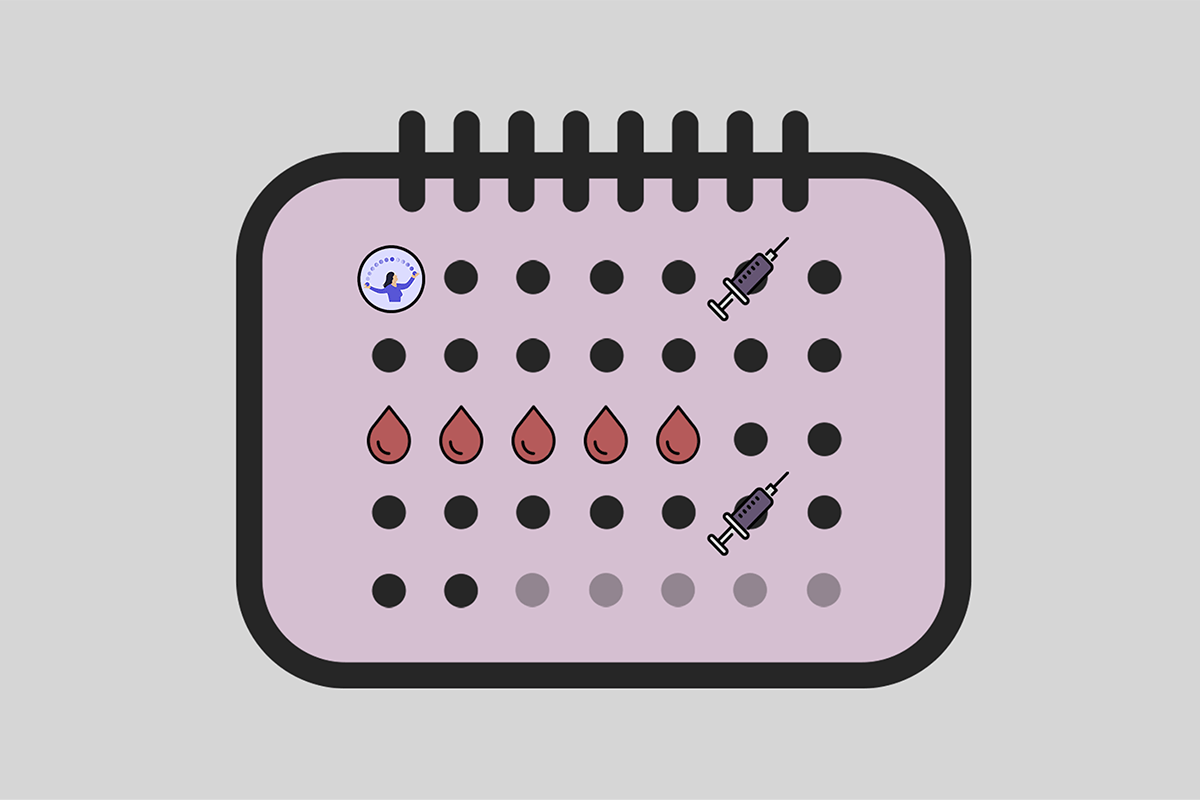Related Topics
How mental health can impact reproductive health
Mental health burdens can be a big impediment for people experiencing infertility, according to Harvard Chan School’s Carmen Messerlian.
Better Off: Home
What makes a healthy home? In 2022, that question feels more important than ever. What are the right foods to eat? The least-toxic shampoos and sunscreens? The best way to prevent loneliness while working from home? On Season…

Grappling with public health impacts of Supreme Court decisions
Panelists at a Harvard Chan School forum examined how a slew of recent decisions by the Supreme Court negatively affect public health—and how advocates can push back.
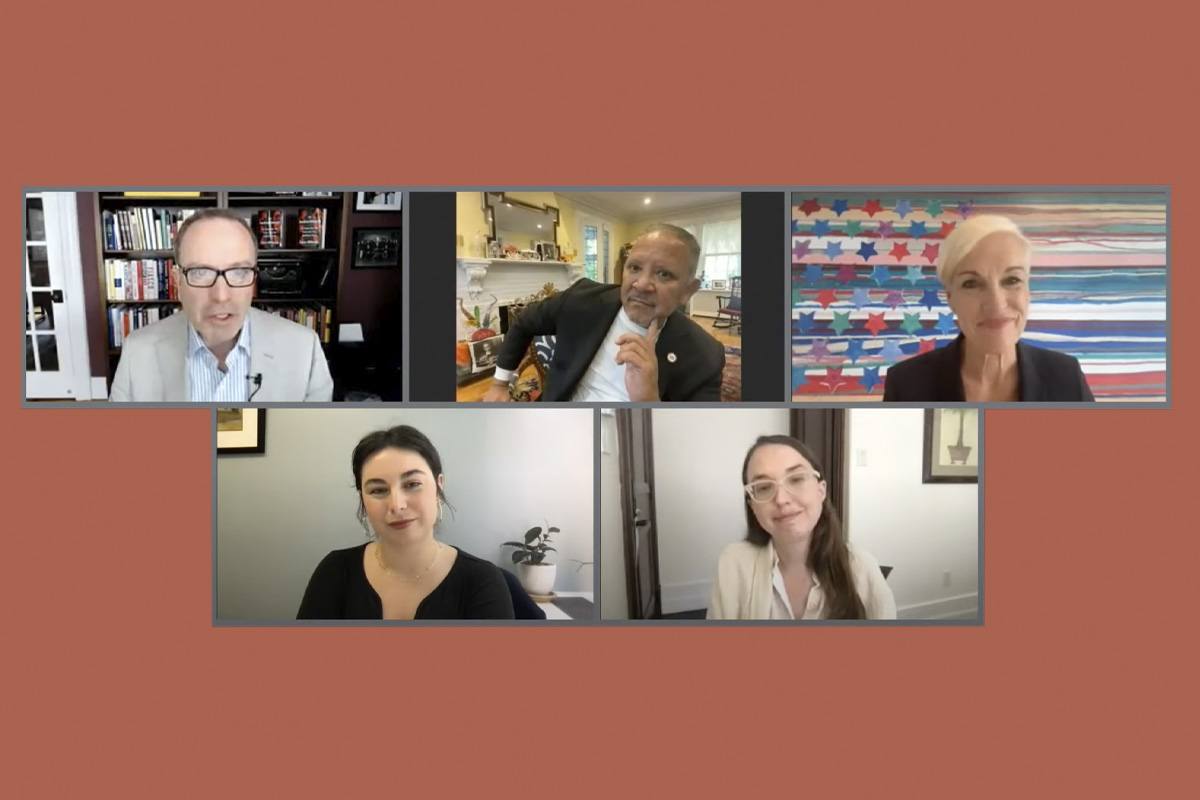
Experts call for updated warnings on alcohol containers
In a Perspective piece in the New England Journal of Medicine, two researchers argued that warning labels on alcohol containers should be updated to more clearly spell out alcohol’s potential harms.
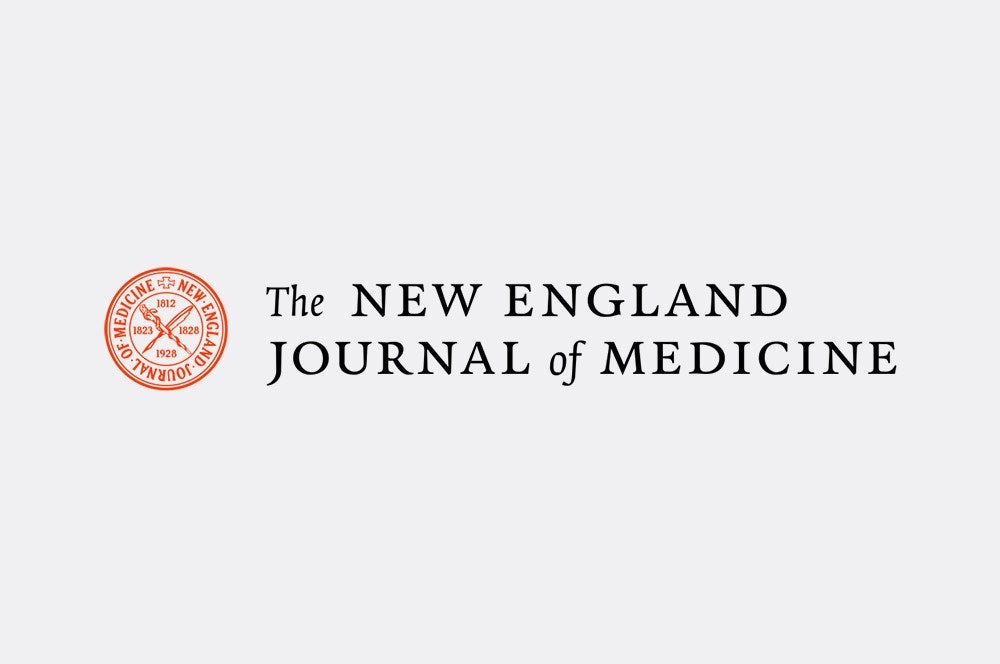
Poll: Inflation, guns, abortion top voters’ midterm concerns
Inflation ranked as the top concern of registered voters in a poll from Harvard Chan School and POLITICO—but guns and abortion are also major concerns for many voters, according to the poll.

Menstruation animation helps shed light on a touchy topic
A new educational animation that debuted at the Museum of Science in Boston over the summer aims to give parents and children the chance to learn about menstruation.
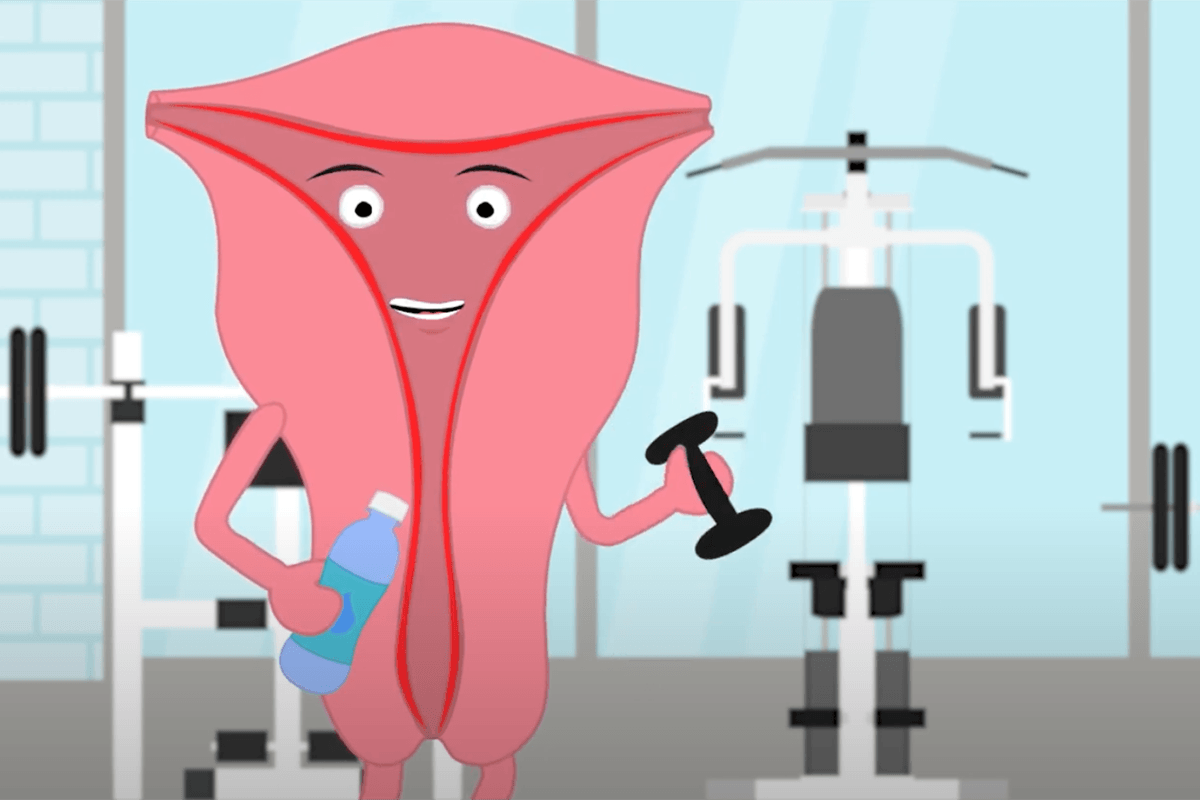
Orientation 2022: Harvard Chan School welcomes new students
The first fully in-person Orientation week at Harvard Chan School since the start of the pandemic kicked off on August 22.
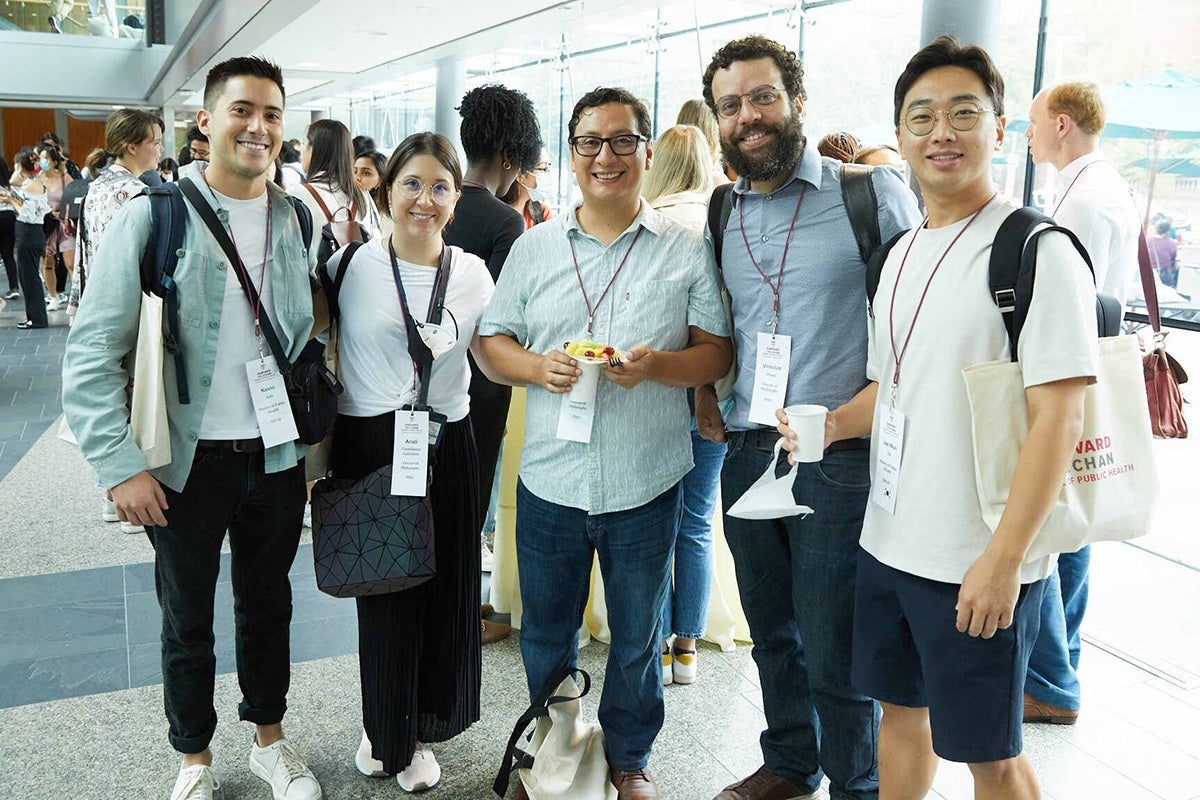
How our environment impacts reproductive health
Carmen Messerlian, assistant professor of environmental reproductive, perinatal, and pediatric epidemiology, studies how the world around us—everything from chemical exposures to trauma to climate change—can affect reproductive health and development.

Endometriosis linked with increased stroke risk
People with a history of endometriosis had a greater risk for stroke than those without endometriosis, a study found.
COVID-19 vaccination linked with small, temporary changes in menstrual cycles
COVID-19 vaccines may cause small changes in menstrual cycles, but those changes are temporary, according to preliminary results from the Apple Women’s Health Study.
